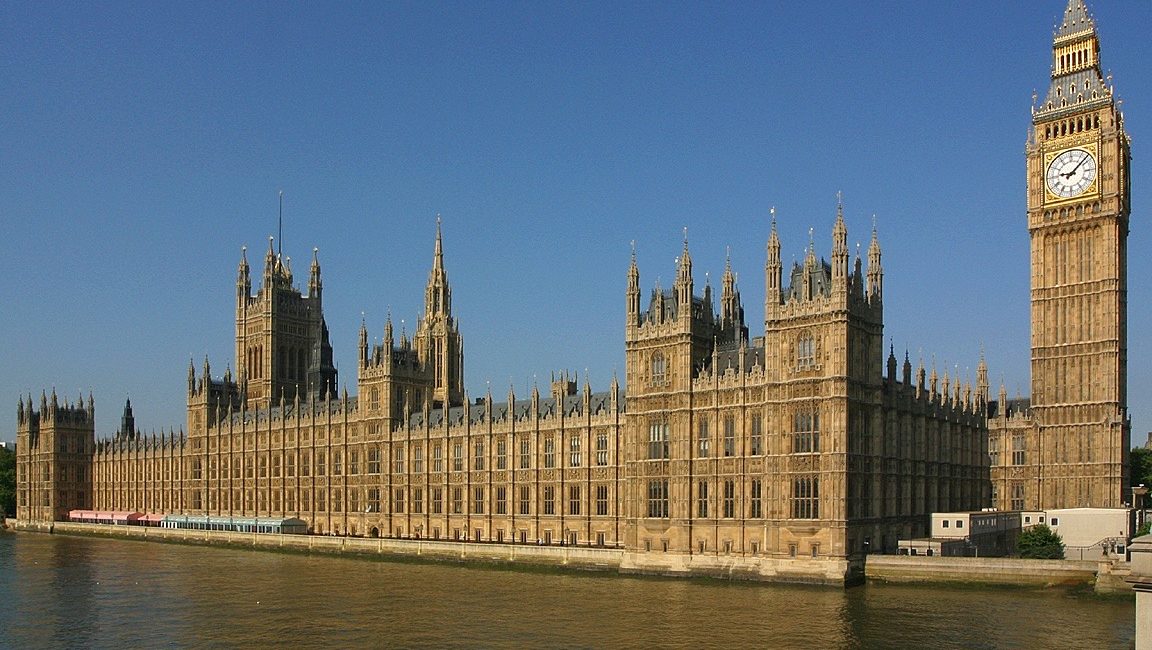Working
People should not leave home if they or someone they live with has either: (a) a high temperature; or (b) a new, continuous cough. Please see NHS guidance on symptoms and what to do.Beyond that, the rule is stay at home if at all possible. Don’t do discretionary things that bring you into contact with other people, like socialising or being in places that bring you close to other people. You should only leave home for one of four reasons:
1. Shopping for basic necessities, for example food and medicine, which must be as infrequent as possible.
2. One form of exercise a day, for example, a run, walk, or cycle – alone or with members of your household.
3. Any medical need, or to provide care or to help a vulnerable person.
4. Travelling to and from work, but only where this absolutely cannot be done from home.These four reasons are exceptions – even when doing these activities, you should be minimising time spent outside the home and ensuring you are two metres apart from anyone outside your household.
On exception 4 (going to work), it is not possible to draw up a comprehensive list of what allowed/not allowed. The rules are:
Key workers, if not symptomatic, should go to work and schools remain open to care for their children whilst they are at work (see here).
Some work locations must stay closed, to reduce the spread. Most obviously, this is shops other than shops for food and other essentials but further guidance on businesses and premises to close has been published and is being updated.
For everyone else, employers should make every effort to enable work to be done from home but, if that really is impossible, people can go to work and there is then guidance for employers and businesses on keeping people safe.
For the great majority of cases, this guidance does enable people to understand their position clearly but, as I say, it just isn’t possible to make a set of rules that can cover every single employment. There does need to be a degree of a ‘common sense test’ that fits with the spirit of the rules and the overriding objective: to arrest the spread of this virus by stopping contact between people outside their own households wherever possible, while enabling key workers to perform their vital role, looking after the vulnerable, and keeping the country and our society going.
MPs cannot adjudicate on individual cases but I fully expect the enforcement approach to follow these principles and take a proportionate, sensible and reasonable approach.
In general, we can say that venues for discretionary purchases or purposes, where people would be mingling or in close proximity, should not operate – hence the ban on most non-food/essentials stores and venues (see link above). But work where workers can operate 2+ metres apart, and where it just isn’t feasible for the work to be done from home, they can. Delivery services, with the product left at the door, can operate – and indeed can constitute a very valuable service for others who are not leaving home.
Nursery Schools
Nurseries have been given a business rates holiday for the 2020-21 tax year and the Government will continue to pay funding to local authorities for the free entitlements for two, three and four-year-olds.Business Support
The Business Interruption Loan Scheme is now open for applications and all major banks are participating. Useful resources to which to signpost people are the Coronavirus specific section of the Government’s Business Support website and Business Hampshire.Sports Clubs, Charities and Churches
I do understand the point about great financial stress in the these sectors, and that that is likely to worsen. I will do what I can to impress on government ministers the need (and, frankly, the greatly leveraged benefit to the effort against CV19) for financial support.Insurance
I am afraid that I don’t believe there is a simple answer to this one because insurance policies are not standard products: the cover afforded by any particular policy will depend on the specific policy terms and conditions of that policy. Businesses will need to look carefully at their cover. As I understand it, what might be called ‘vanilla’ business insurance policies are designed and priced to cover standard risks, not those that are very unlikely, such as the effects of Covid-19. It is the case, however, that commercial insurance policies can provide cover against a wide range of risks, tailored to the needs of individual businesses, including the possibility to buy extensions to cover, such as consequential business interruption cover for notifiable diseases. Clearly, such cover cannot be bought retrospectively so, as I say, businesses will need to check carefully the terms of the cover which they have in place.I hope this is helpful and I wish you well through these difficult times.
Damian Hinds, MP for East Hampshire





